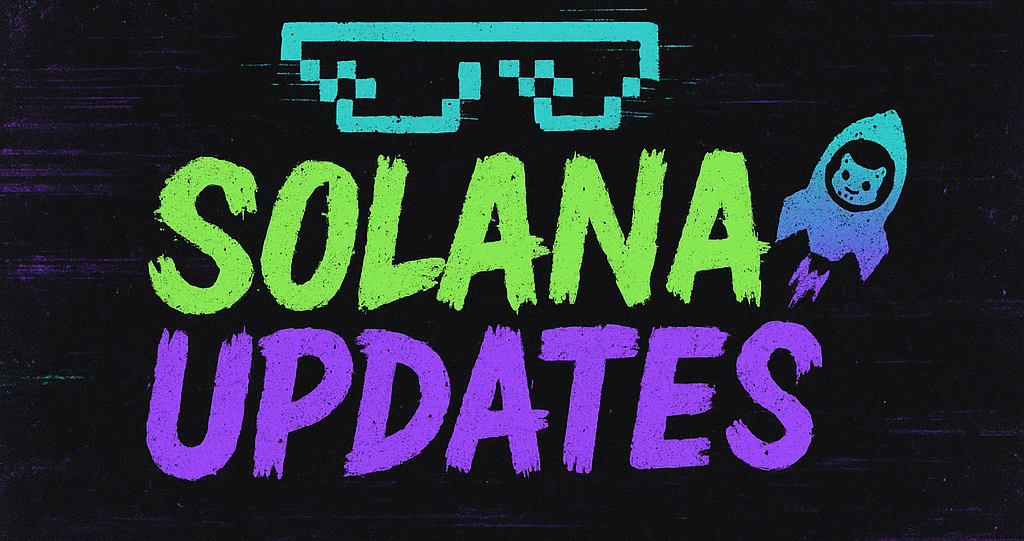Corporate Blockchains Must Embrace Decentralization to Survive, Warns StarkWare CEO
In a rapidly evolving digital landscape, corporate blockchains face a pivotal moment in their development. Eli Ben-Sasson, CEO of StarkWare, a leading firm in blockchain scalability solutions, has issued a stark warning to corporations trying to leverage blockchain technology without fully embracing its fundamental principles.
During a recent conference, Ben-Sasson articulated his concerns about the future of what he describes as ‘corpo chains.’ He highlighted that while corporate blockchains might serve as a bridge to mainstream adoption in the short term, they risk becoming obsolete if they fail to align with the decentralized ethos that underpins the entire cryptocurrency movement.
Short-Term Benefits, Long-Term Risks
Ben-Sasson acknowledged that corporate blockchains have played a significant role in familiarizing larger audiences with blockchain technology. These platforms often offer a semblance of the security and transparency that decentralized systems provide, which can be appealing to businesses wary of the volatility and regulatory uncertainties associated with traditional cryptocurrencies.
However, Ben-Sasson warned against the inherent risks of corporate entities attempting to maintain centralized control over blockchain networks. “The very essence of blockchain technology is decentralization,” he said. “Attempts to control or centralize these networks run contrary to why they were created in the first place.”
The Core of Crypto’s Ethos
At the heart of Ben-Sasson’s argument is the belief that corporate blockchains must evolve beyond simply mirroring the decentralized nature of traditional cryptocurrencies. Instead, they should fully integrate these principles into their operational frameworks. This means allowing for greater transparency, enabling open participation, and relinquishing control to a more distributed network of stakeholders.
Ben-Sasson pointed to successful decentralized platforms like Ethereum and Solana, which have thrived by fostering a community-driven approach and leveraging the collective power of a global network of developers and users. “These platforms have shown us that embracing decentralization isn’t just beneficial; it’s necessary for survival,” he asserted.
Challenges and Opportunities
While the transition from corporate-controlled blockchains to more decentralized models presents challenges, Ben-Sasson also sees it as an opportunity for innovation. He encouraged corporations to view decentralization not as a threat, but as a pathway to unlock new business models and engage with a broader ecosystem of partners and users.
Furthermore, he suggested that as regulatory landscapes continue to evolve, corporations that adopt decentralized models will likely find themselves better positioned to adapt to new compliance requirements, as these models inherently promote transparency and accountability.
The Future of Corporate Blockchains
Looking ahead, Ben-Sasson remains optimistic about the potential for corporate blockchains to contribute positively to the broader blockchain ecosystem, provided they can align themselves with the principles that have made decentralized networks so successful.
In conclusion, the message from StarkWare’s CEO is clear: corporate blockchains must evolve by embracing the ethos of decentralization. Only then can they avoid the fate of being relegated to the annals of technology history, as relics of an era that failed to adapt.
🛒 Recommended Product: Check out top-rated crypto gear on Amazon


